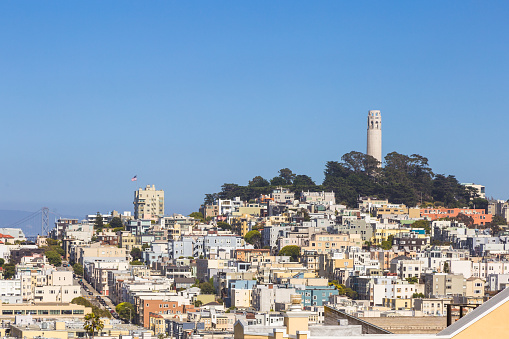USS Gerald R. Ford Arrives in Caribbean Amid U.S. Military Expansion

The USS Gerald R. Ford, the most advanced aircraft carrier in the United States fleet, arrived in the Caribbean Sea on March 19, 2024. This deployment marks a significant increase in U.S. military presence in the region, raising concerns about the implications for U.S. foreign policy towards Venezuela and surrounding nations. The arrival coincides with ongoing military operations targeting vessels allegedly involved in drug trafficking, a campaign that the Trump administration describes as a counter-drug initiative.
This recent buildup includes nearly a dozen Navy ships and approximately 12,000 sailors and Marines, part of the operation dubbed “Operation Southern Spear.” The U.S. Navy confirmed the carrier’s transit through the Anegada Passage, near the British Virgin Islands, emphasizing its role in bolstering security against what officials term “narco-terrorism” throughout the Western Hemisphere.
In a statement, Rear Adm. Paul Lanzilotta, commander of the strike group, asserted that the deployment would enhance an already substantial military force in the area. “We are here to protect our nation’s security and prosperity against narco-terrorism,” he said. Adm. Alvin Holsey, who oversees Caribbean and Latin American operations, echoed this sentiment, stating that U.S. forces are prepared to confront transnational threats destabilizing the region.
The arrival of the USS Gerald R. Ford aligns with a series of military strikes that have targeted small boats suspected of drug trafficking. Recently, the U.S. military announced an airstrike that destroyed a vessel in the eastern Pacific Ocean, resulting in three fatalities. This operation is part of a broader initiative that, since early September, has resulted in at least 83 deaths across 21 separate attacks.
In Trinidad and Tobago, which lies just 7 miles from Venezuela at its closest point, U.S. troops have initiated joint training exercises that will continue throughout the week. Minister of Foreign Affairs Sean Sobers indicated that these exercises are designed to combat violent crime and enhance collaboration in law enforcement. The Prime Minister of Trinidad and Tobago has expressed support for U.S. military actions against drug trafficking.
Venezuelan officials have denounced these joint exercises as aggressive, claiming they threaten national sovereignty. President Nicolás Maduro, facing accusations of narcoterrorism from the U.S., has described the military buildup as a fabricated conflict against Venezuela. He asserted on social media that the Venezuelan people are prepared to defend against what he terms “criminal aggression.”
In a separate development, Army Secretary Dan Driscoll announced that U.S. troops are also conducting training in Panama, indicating a broader strategic focus on Latin America. “We’re reactivating our jungle school in Panama,” Driscoll stated, reinforcing the administration’s commitment to address regional security challenges.
While the Trump administration maintains that this military presence primarily targets drug trafficking, critics argue that there is insufficient evidence to justify the lethal operations conducted against these vessels. The administration’s claims that the operations are against “narcoterrorists” have prompted skepticism among lawmakers and human rights advocates.
Senate Republicans recently voted against a proposal to limit President Trump’s authority to conduct military actions without congressional approval, reflecting ongoing divisions regarding U.S. military strategy in Venezuela. Experts express concern about the potential for escalation, particularly given the significant presence of U.S. naval power in the region. Elizabeth Dickinson, a senior analyst at the International Crisis Group, remarked, “This is the anchor of what it means to have U.S. military power once again in Latin America.” The deployment of the USS Gerald R. Ford is likely to heighten anxieties, not just in Venezuela but throughout the region.
As the situation evolves, many are closely monitoring the U.S. military’s intentions and actions in the Caribbean, questioning the long-term implications for regional stability and U.S.-Latin America relations.






